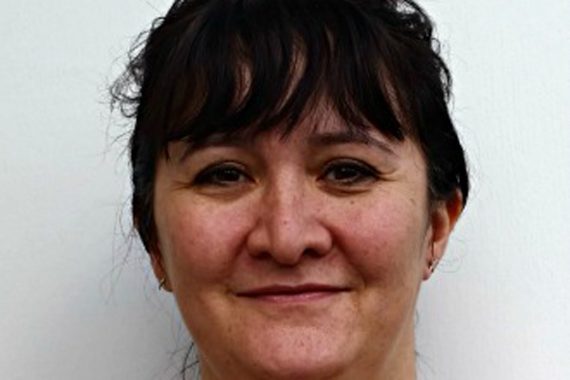It’s been suggested that our chair, Professor Helen Stokes-Lampard has become a quisling because she’s been photographed smiling next to Jeremy Hunt.
Is that unfair? And does it actually matter? Google her name and Jeremy Hunt’s. After six pages of standard Google searches, and another six of Google images, I found absolutely nothing about the two of them that suggested meaningful discussion was occurring. This suggests to me that the average Joe on the street has no idea that they have met, and has no interest in what was discussed. So, the only people who notice how our chair is interacting with the health secretary is us GPs.
The debate has centred around how the media photo was perceived. Seriously? We’re debating the nuances in a photo? Why are we not asking what was discussed in the meeting? What the college put forward as critical issues to resolve and where the line in the sand that we as a profession have agreed as a baseline?
This train of thought reminded me of Bob Crow. He’s been dead for three years, but EVERY link on the first page of my next Google search demonstrates how effective a negotiator he was. How did he do this? Well, by really engaging with and listening to the views of the members of his union and finding the common ground of opinion which united the union members behind him with support. This meant that when the negotiations did not reach agreement, the members were prepared to take action. A union which does not have the power of a united membership behind it is easy to negotiate with, as the worst that can happen if agreement is not reached is that there will be a lot of disgruntled members.
Yes, the RCGP is not a union, but the principle is the same. In order to have effective discussions with the Secretary of State for health that have significant impact, the College needs to find a way of better engaging with the membership to gain support. Without this, the RCGP is an organisation whose members are disengaged and not united.
That is not a position which is going to effect the change our profession needs.

















